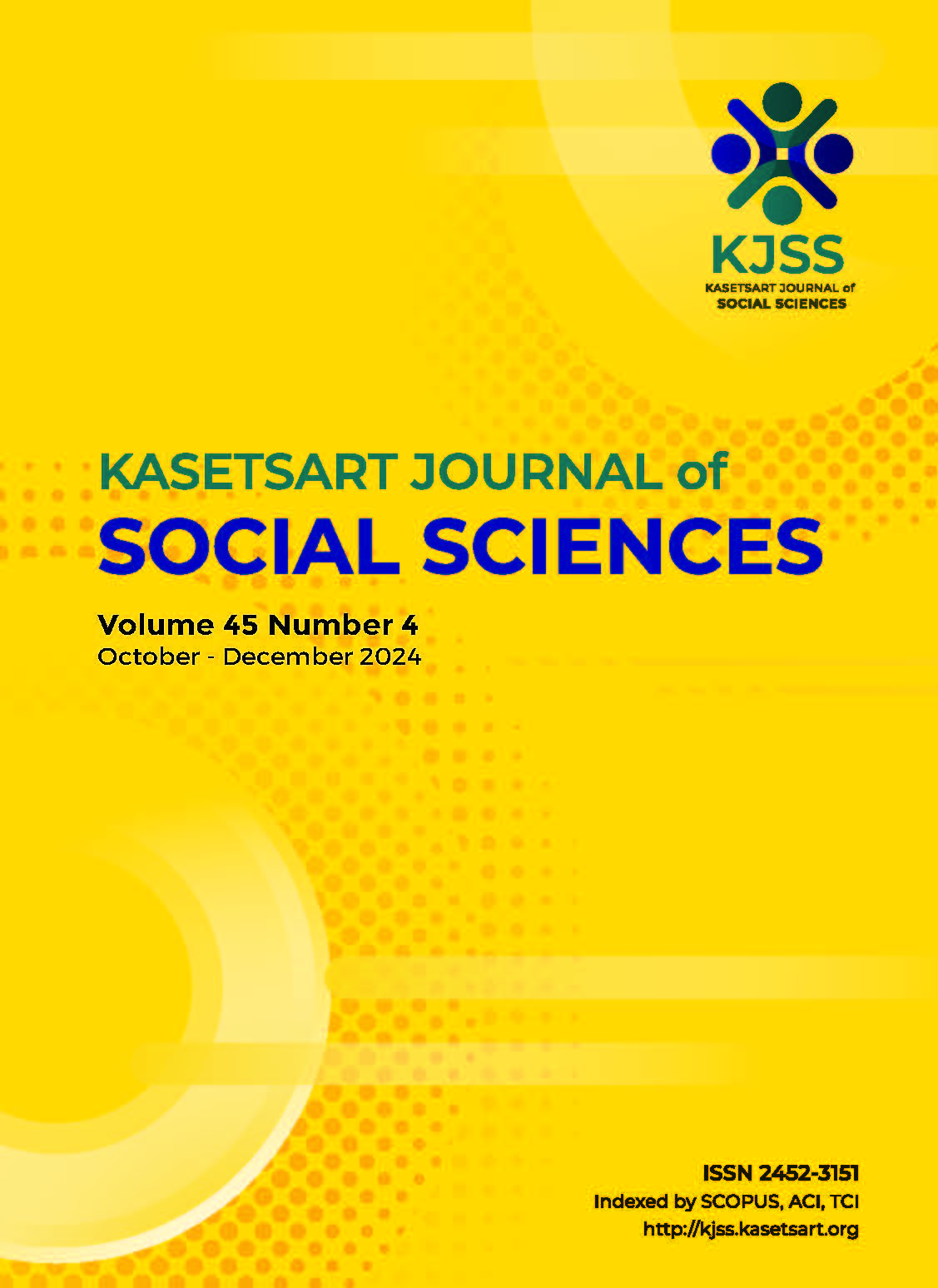Determinants of estate planning behaviour in Malaysia: An institutional theory perspective
Keywords:
estate planning, financial behaviour, financial education, institutional theoryAbstract
Estate planning is one of the essential financial planning tools for the household and has gained scholarly attention in recent studies. This paper aims to explore the estate planning behaviour of working adults by examining the influence of coercive, normative, and mimetic pressures as well as financial education. Data from 500 respondents were collected via an online survey of working adults in Malaysia. The data were analysed using PLS-SEM 4.0 to examine the hypothesized relationships. The findings revealed that the relationships between coercive, and normative pressures, and financial education were positive and significant with estate planning behaviour. In a developing country like Malaysia, the current findings would benefit authorities in understanding estate planning behaviour and assist them in formulating and implementing strategies to promote estate planning. The result of this research extends the existing estate planning knowledge in behavioural perspectives by using the Institutional Theory. In addition, it considers the inclusion of financial education as one of the predictors in demonstrating estate planning behaviour.
Downloads
Published
How to Cite
Issue
Section
License
Copyright (c) 2024 Kasetsart UniversityThis is an open access article under the CC BY-NC-ND license http://creativecommons.org/licenses/by-nc-nd/4.0/










